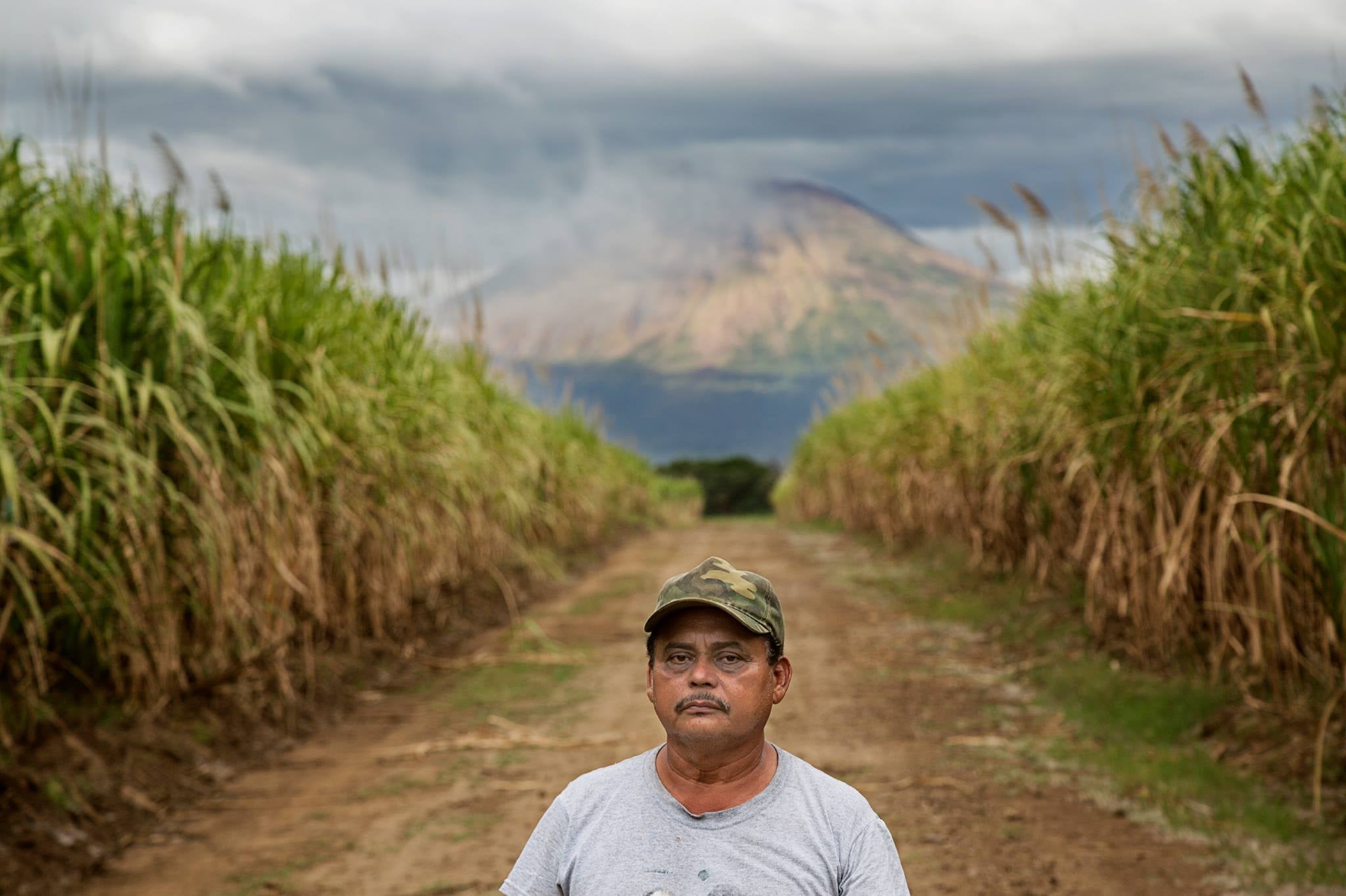Sugarcane Workers in Nicaragua & Human Rights
Posted in Events | Tagged Events, Josephine Weinberg, La Isla Foundation, Mortara Center, Nicaragua, Population Health Initiative, School of Nursing and Health Studies, Sugarcane, Sugarcane workers
Sugarcane workers in Nicaragua have struggled for more than two decades for safer working conditions. They are fighting to receive medical treatment and compensation for a deadly kidney disease believed to be caused by their work in the sugarcane fields.
Join us at 2:30pm on Tuesday, November 29 at the Mortara Center for International Studies to hear Josephine Weinberg of La Isla Foundation discuss how a local legal services project is addressing the cycle of extreme poverty and sickness that is behind the international sugar industry and what you can do to help. A reception will follow with light refreshments. Please RSVP on Eventbrite and easily add the event to your Google Calendar .
Full Event Description
An emerging epidemic of fatal kidney disease, called Chronic Kidney Disease of non-traditional causes has targeted poor laborers engaged in extremely strenuous work in very hot climates from Sri Lanka to India to Egypt to the Americas, but no area has been impacted as deeply as Central America.
For more than two decades, sugarcane workers in western Nicaragua have protested to demand medical treatment and compensation for Chronic Kidney Disease of non-traditional causes (CKDnT), believed to be caused by their work in the sugarcane fields. The disease is a death sentence and kills workers in their 20s and 30s. Worker protests have been met by excessive police force, incarcerations, and killings. Sugarcane companies in the region deny responsibility for the illness citing scientific uncertainty regarding the cause. We have heard similar stories before – with asbestos, black lung, and tobacco. Studies point to chronic dehydration, heat stress, and climate change as causes of the disease, while additional exposures to pesticides, non-steroidal anti-inflammatory drugs (NSAIDs), heavy metals, and other exposures as potentially contributing factors. The bottom line: work causes this disease.
Media coverage of what has now been termed a ‘global epidemic’ has spurred new research initiatives causing some industry actors to engage with the problem. But little has changed for the most affected towns of Nicaragua where communities are disappearing amid extreme poverty.
Under Cane, a short film produced by Ed Kashi and Julie Winokur of Talking Eyes Media , will set the stage, showing firsthand the devastating effect the disease has on the lives of individuals and an entire community.
Josephine Weinberg, Director of Law and Human Rights with La Isla Foundation , will discuss how a local legal services project is addressing the cycle of extreme poverty and sickness that is behind the sugar we consume daily and what you can do to help.

